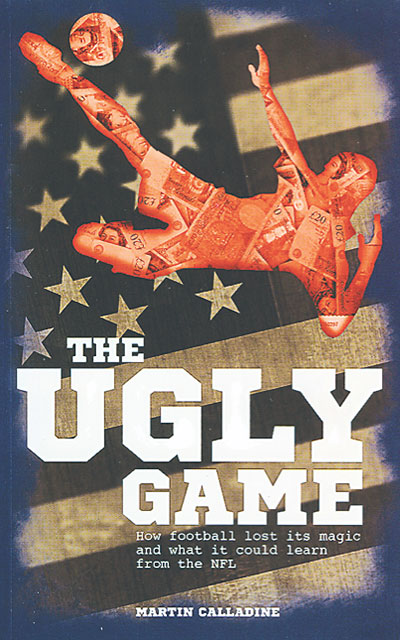 How football lost its magic and what it could learn from the NFL
How football lost its magic and what it could learn from the NFL
by Martin Calladine
Pitch £12.99
Reviewed by Roger Titford
From WSC 341 July 2015
Martin Calladine is a disillusioned football fan who is going over to the ugly game that is American football. On his way out he offers observations on the differences between the two sports in 20 loosely connected short essays. He is an intelligent consumer of the sports, rather than a business insider or supporter activist, and brings some interesting perspectives to bear on the current failings of football. But The Ugly Game is not even a wish list, let alone a manifesto for change. There is no rigour in the comparisons; he uses the Premier League, English football and football in general interchangeably. The hugely differing structures and contexts that surround the NFL and Premier League are ignored. Calladine has a desirable destination in mind but no means of direction towards it.
The value of The Ugly Game is the fuel he provides for a more actively minded reformer. In particular there is a helpful analysis of what makes that curious billionaires’ socialist collective called the NFL tick. In entertaining fashion he unpicks the virtues of the salary cap, the draft transfer system, regulated ownership and the Rooney rule that enhances the chances of ethnic minority coaches. All of this helps to create a far more level playing field in the NFL than we see in the Premier League.
The concept of fairness is at the heart of Calladine’s thinking and he illustrates the lack of it and the need for it in apt ways. There is no prize money for winning the Superbowl but the cumulative effect of decades of prize money in the Champions League has distanced a few clubs from all the rest. Kids in the park having a pick-up game would never put all the best players on one side.
But there is more than one kind of fairness. There is no room in the NFL’s cartel of 32 clubs for a fast-rising Swansea, Hull City or Bournemouth. England and Wales support and give access to over 100 professional clubs for a population of 50 million, a sixth of the size of the US. While Calladine looks forward to more American football at Wembley he makes no reference to the, perhaps larger, trade going the other way – the strong and recent growth of soccer in the US.
There are strong chapters on the misuse of statistics and the weak analysis proffered by Alan Hansen and Alan Shearer compared with what US audiences receive and he has the occasional arresting phrase, such as “identikit tattooed greyhounds” to describe the modern footballer. Yet despite taking this high ground the whole work is disfigured by a peppering of snide asides about Pelé’s potency, Peter Beardsley’s looks, Titus Bramble’s brains and so on. Random photos with lame captions that drift like tumbleweed undermine what is an insightful work on fairness and power. One expects there will be more in this canon of “modern football is rubbish” from those freshly deserting the game. Indeed this is not the only football book with this title currently on sale.
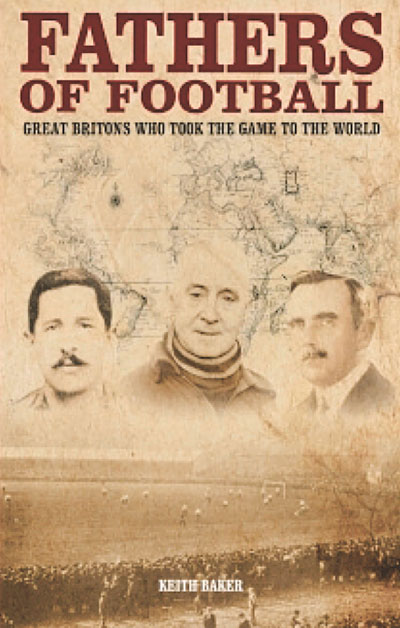 Great Britons who took the game to the world
Great Britons who took the game to the world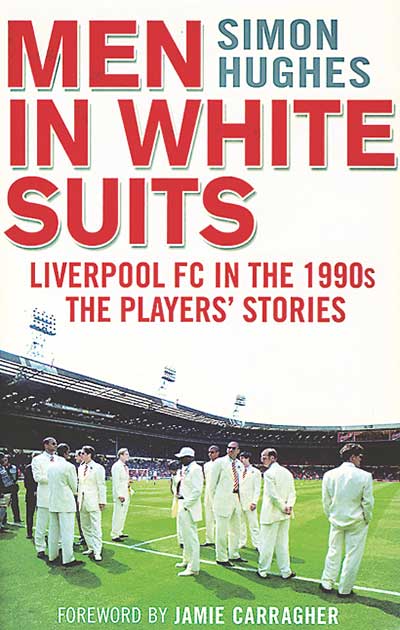 Liverpool FC in the 1990s – the players’ stories
Liverpool FC in the 1990s – the players’ stories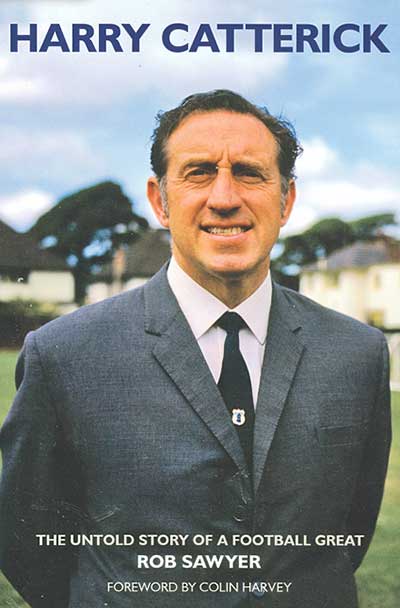 The untold story
of a football great
The untold story
of a football great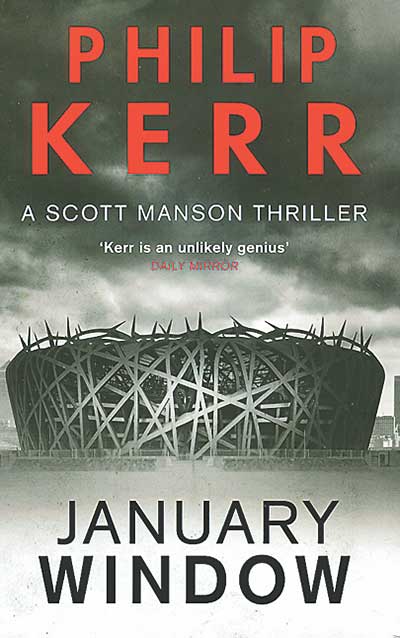 by Philip Kerr
by Philip Kerr